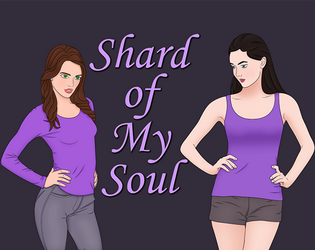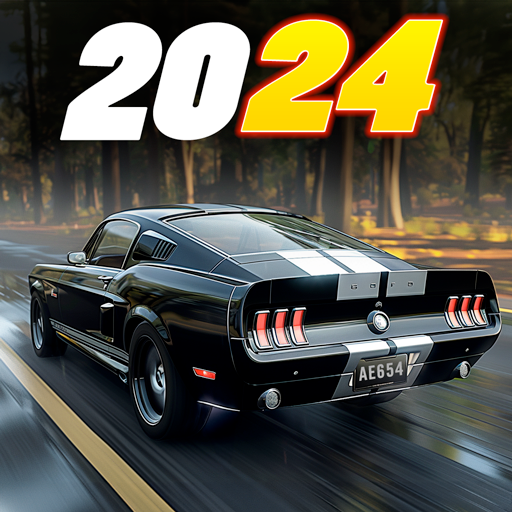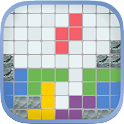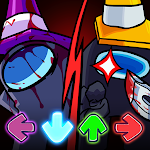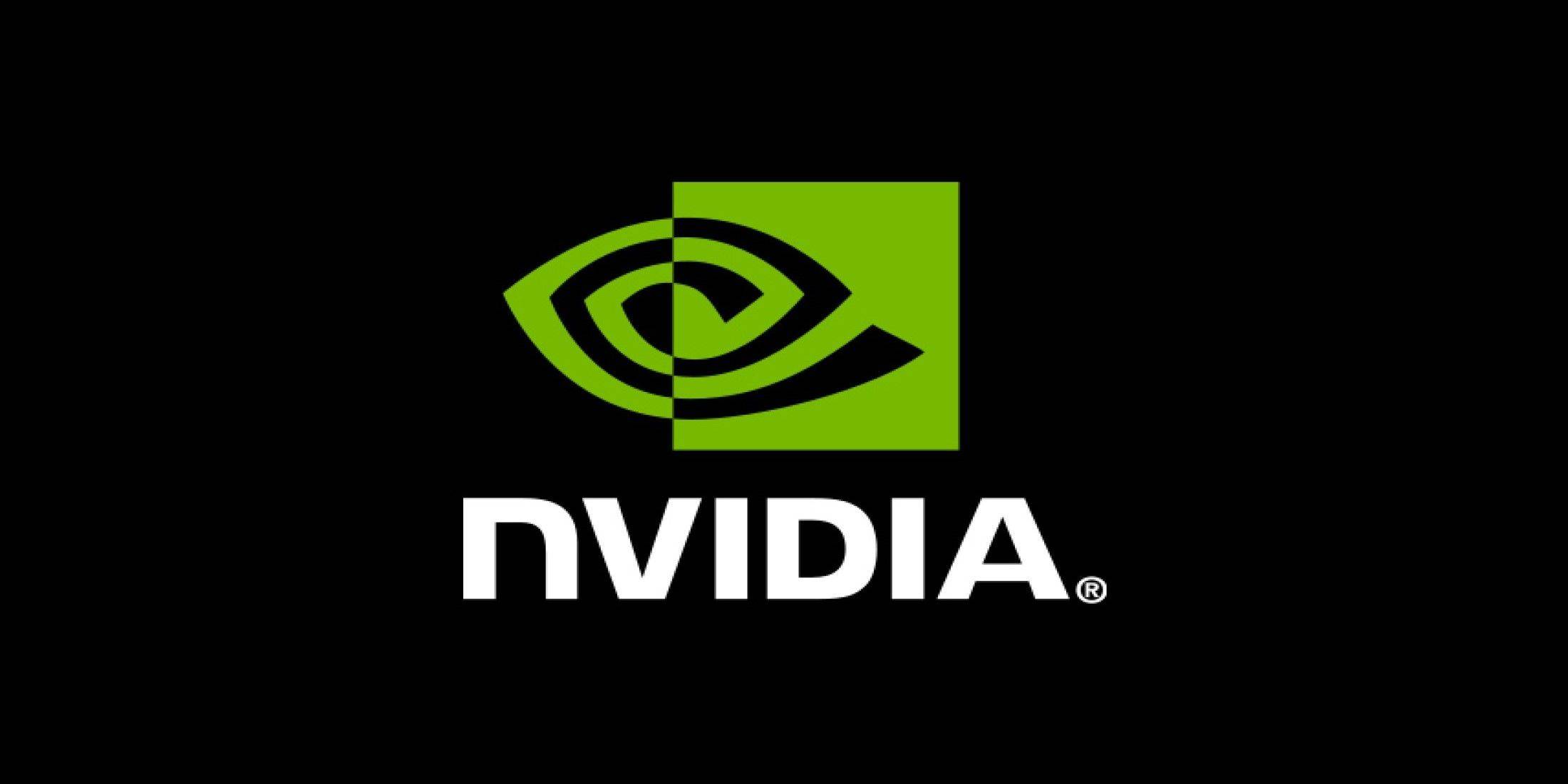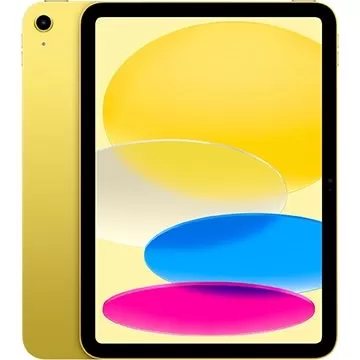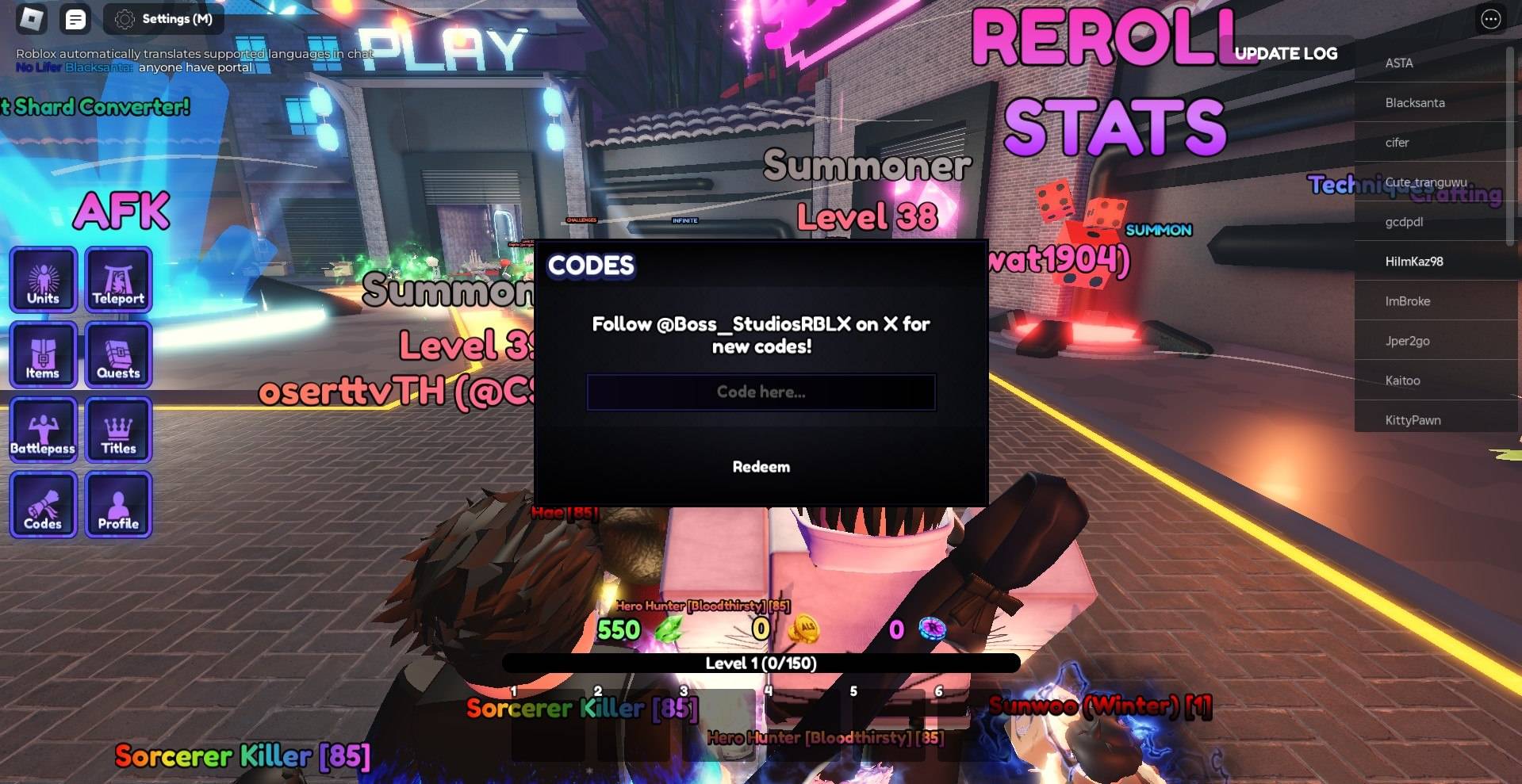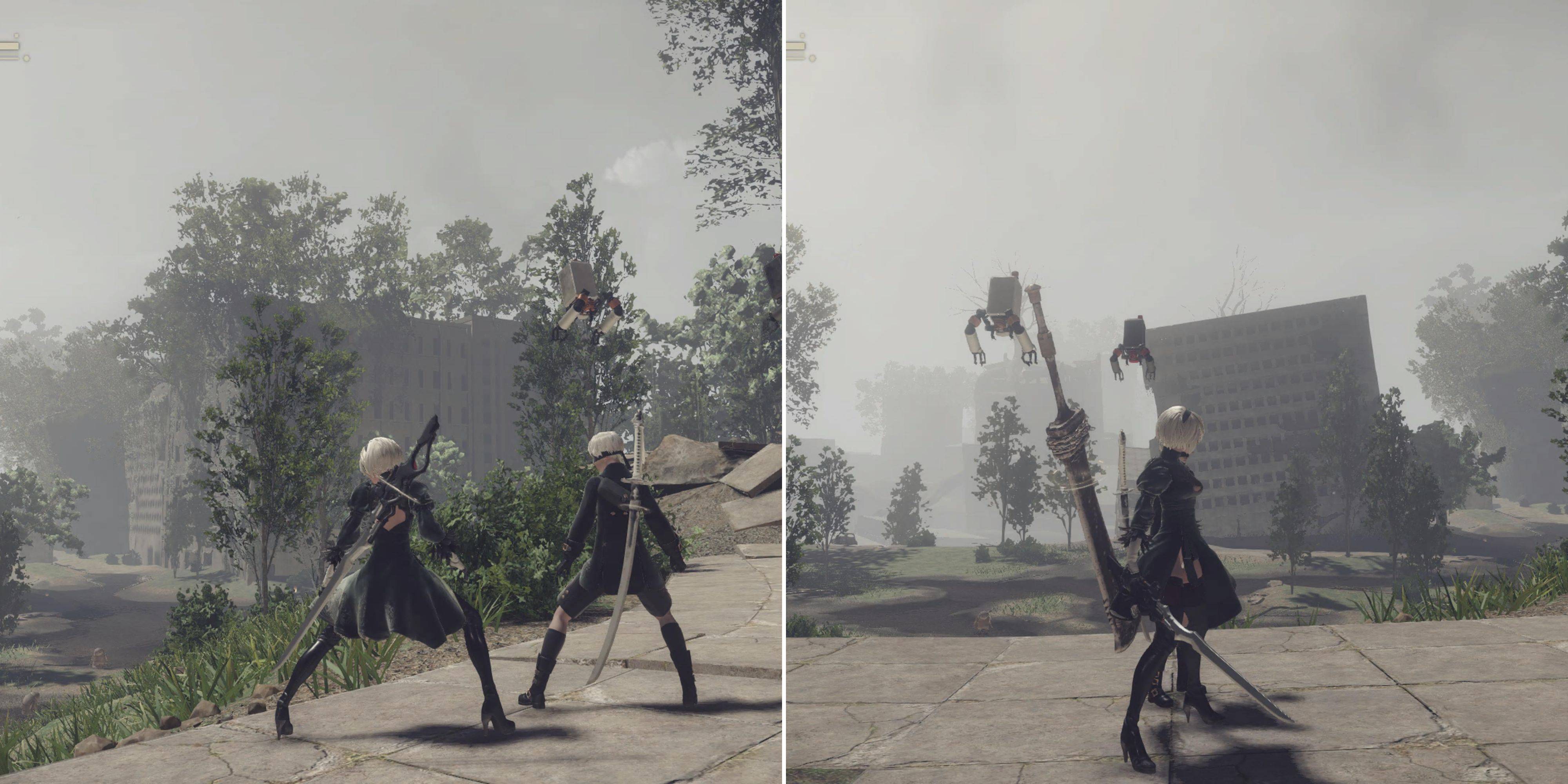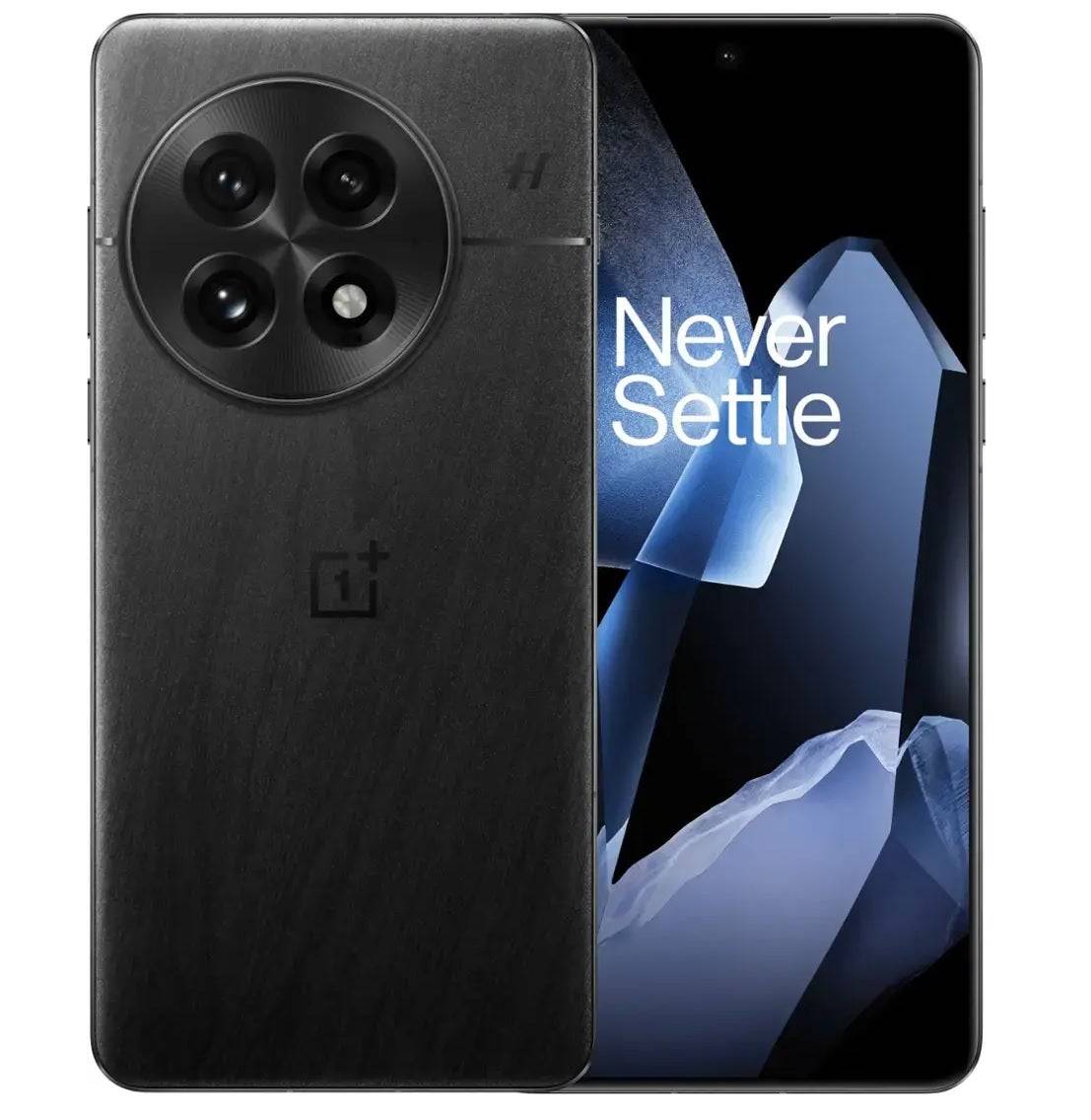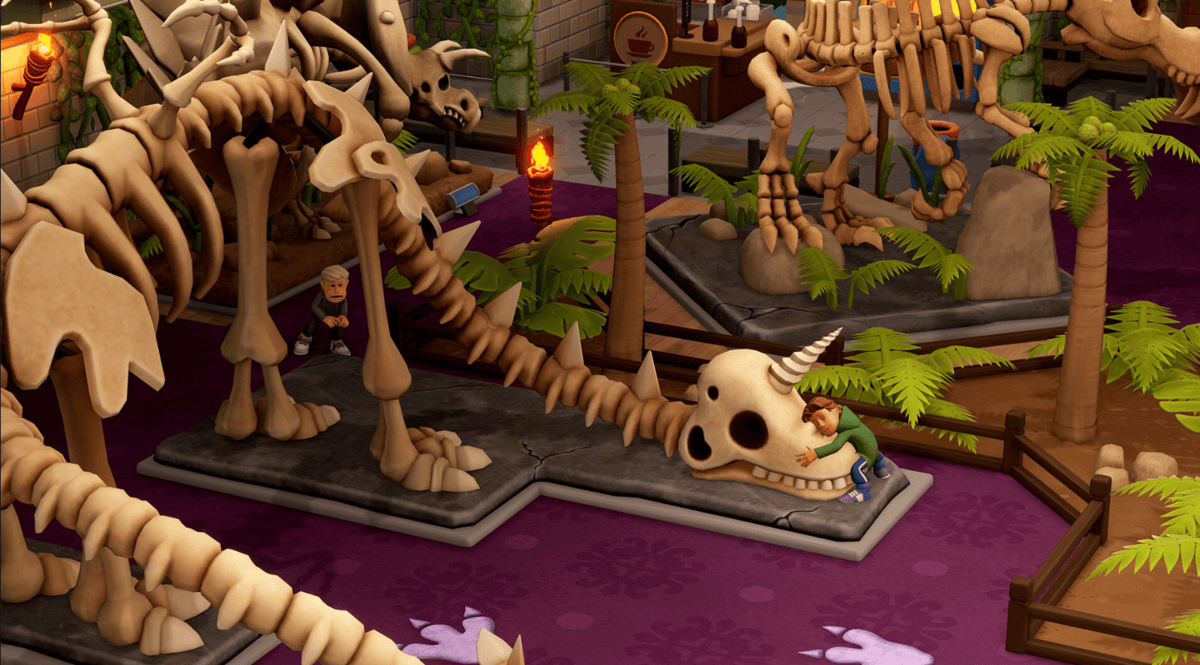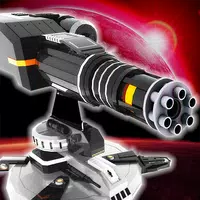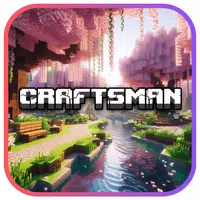Is Civ 7's UI as Bad as They Say?
Is Civilization VII's UI Really That Bad? A Critical Assessment

Civilization VII's Deluxe Edition launched recently, and online discussions are already buzzing about its user interface (UI) and other perceived shortcomings. But is the UI truly as flawed as many claim? Let's delve into a detailed analysis of its UI elements and determine if the criticism is justified.
← Return to Sid Meier's Civilization VII main article
Assessing Civ 7's UI: A Piece-by-Piece Examination
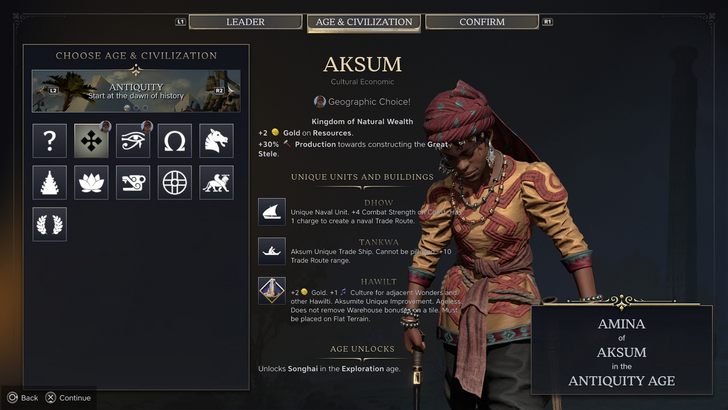
Early impressions of Civ VII, especially its UI, have been mixed. While it's easy to join the chorus of complaints, a more objective evaluation is necessary. We'll break down the UI's components against the benchmarks of effective 4X game interfaces.
Defining a Superior 4X UI
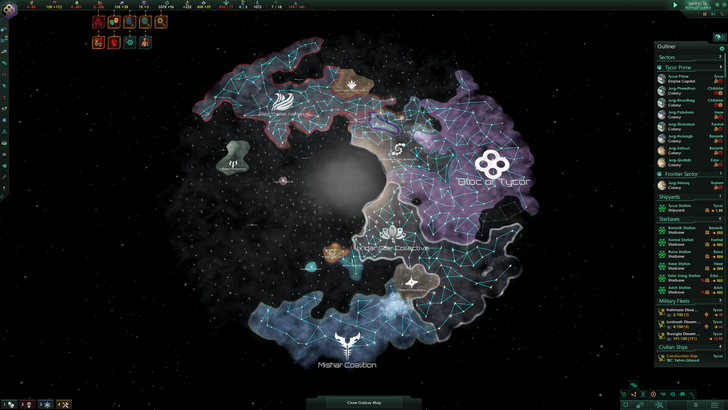
While some argue for objective UI design standards in 4X games, the reality is more nuanced. Context, game style, and goals influence UI effectiveness. However, design principles common to successful 4X UIs exist. Let's use these principles to evaluate Civ VII.
Information Hierarchy: Clarity and Prioritization
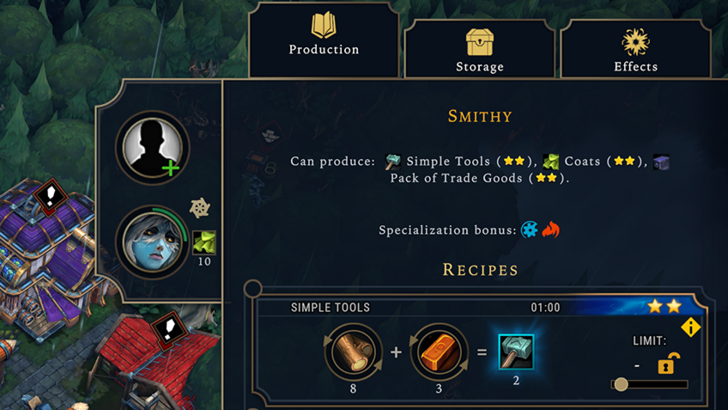
A strong UI prioritizes essential information. Frequently used resources and mechanics should be readily accessible, while less crucial features can be nested within menus. Against the Storm offers a prime example of this with its building info menus.
Civ VII's resource summary displays resource allocation, separating income, yields, and expenses. While the table format is efficient, it lacks detail. It shows resource totals from rural districts but not their precise origin. Expense breakdowns are also limited. The UI functions adequately but could benefit from more granular information.
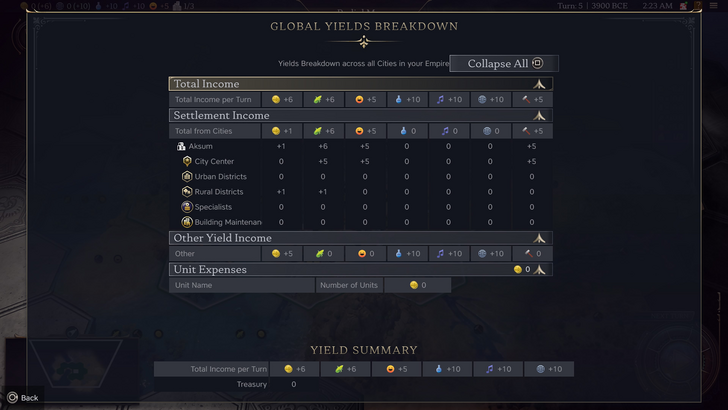
Visual Indicators: Efficiency and Impact
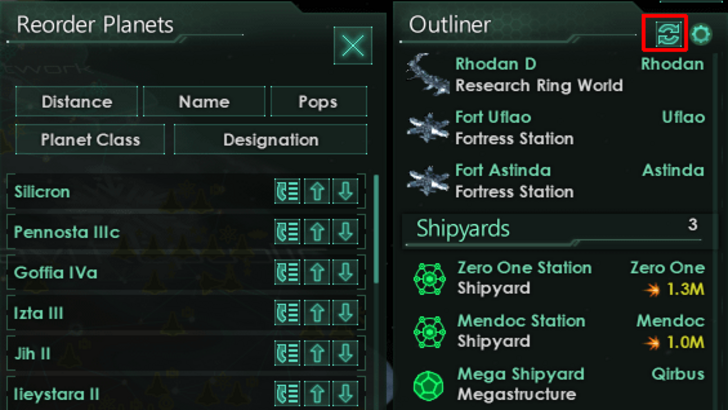
Effective visual indicators convey information instantly. Stellaris's Outliner, despite the game's cluttered UI, exemplifies this with clear visual cues for ship status.
Civ VII employs iconography and numerical data for resources. Tile yield overlays, settlement overlays, and the settlement expansion screen provide useful visual cues. However, the absence of certain lenses from Civ VI (e.g., appeal, tourism) and customizable map pins is a point of contention among players.
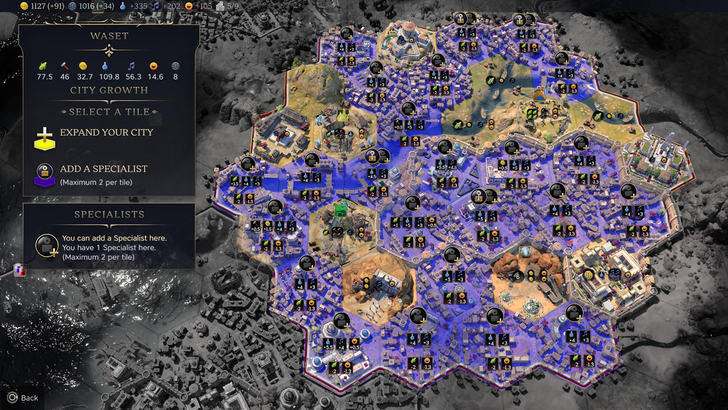
Search, Filtering, and Sorting: Navigational Tools
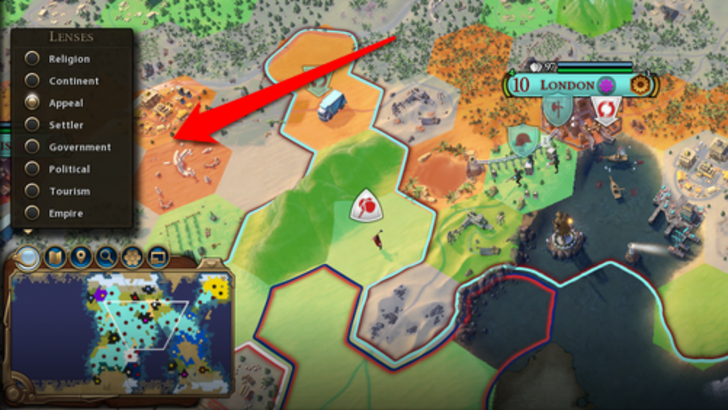
As complexity increases, search, filtering, and sorting become vital. Civ VI's powerful search function allows players to locate specific resources, units, etc., instantly.
Civ VII lacks this crucial search function, a significant drawback for many players. This absence severely impacts usability, especially considering the game's scale. Its inclusion in a future update is highly desirable.
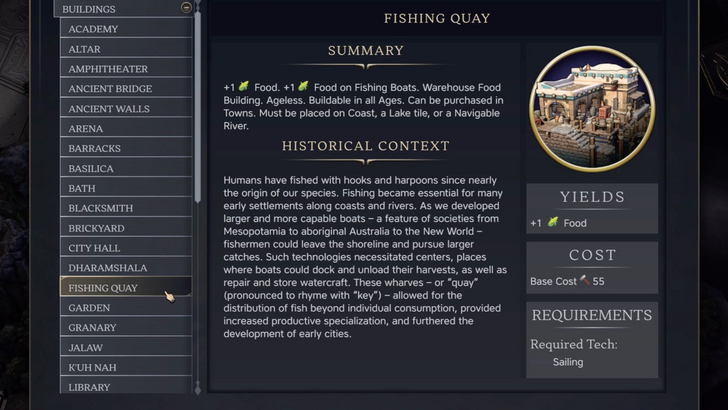
Design and Visual Consistency: Aesthetic Appeal
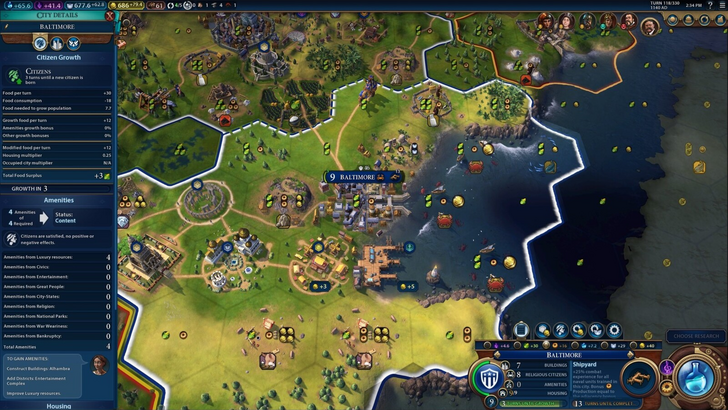
UI aesthetics significantly impact player experience. Civ VI's vibrant, dynamic design complements the game's overall aesthetic.
Civ VII adopts a minimalist, sleek style. The color palette (black and gold) is well-chosen, but the overall design is less visually striking than Civ VI's, leading to mixed reactions. This is subjective, but the lack of immediate visual clarity is a point of concern.
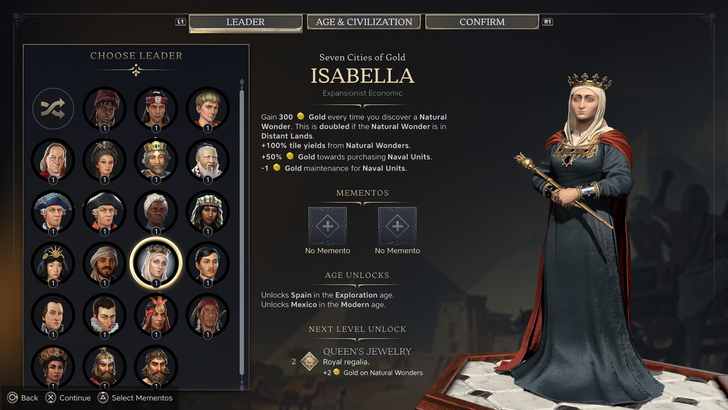
The Verdict: Not as Bad as Advertised
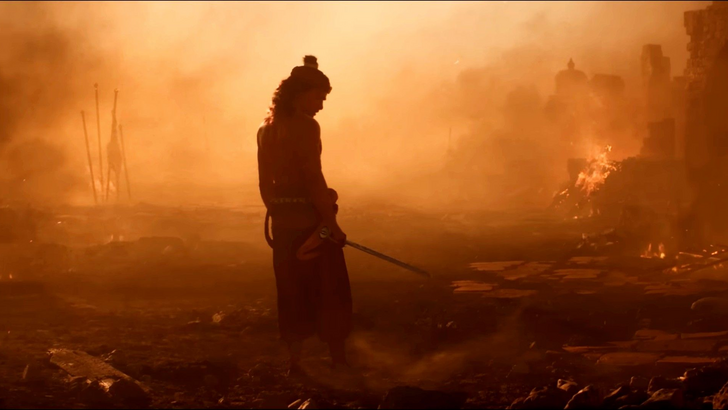
While Civ VII's UI isn't perfect, the criticism is overblown. The missing search function is a significant flaw, but not game-breaking. Compared to other issues, the UI shortcomings are relatively minor. While it falls short of other visually impressive 4X UIs, its strengths should be acknowledged. With updates and player feedback, it has the potential to improve significantly. The overall game experience compensates for its UI imperfections.
← Return to Sid Meier's Civilization VII main article
Sid Meier's Civilization VII Similar Games

Latest Articles

![1xBet [Updated]](https://imgs.yx260.com/uploads/76/1719623227667f5e3be7616.jpg)


